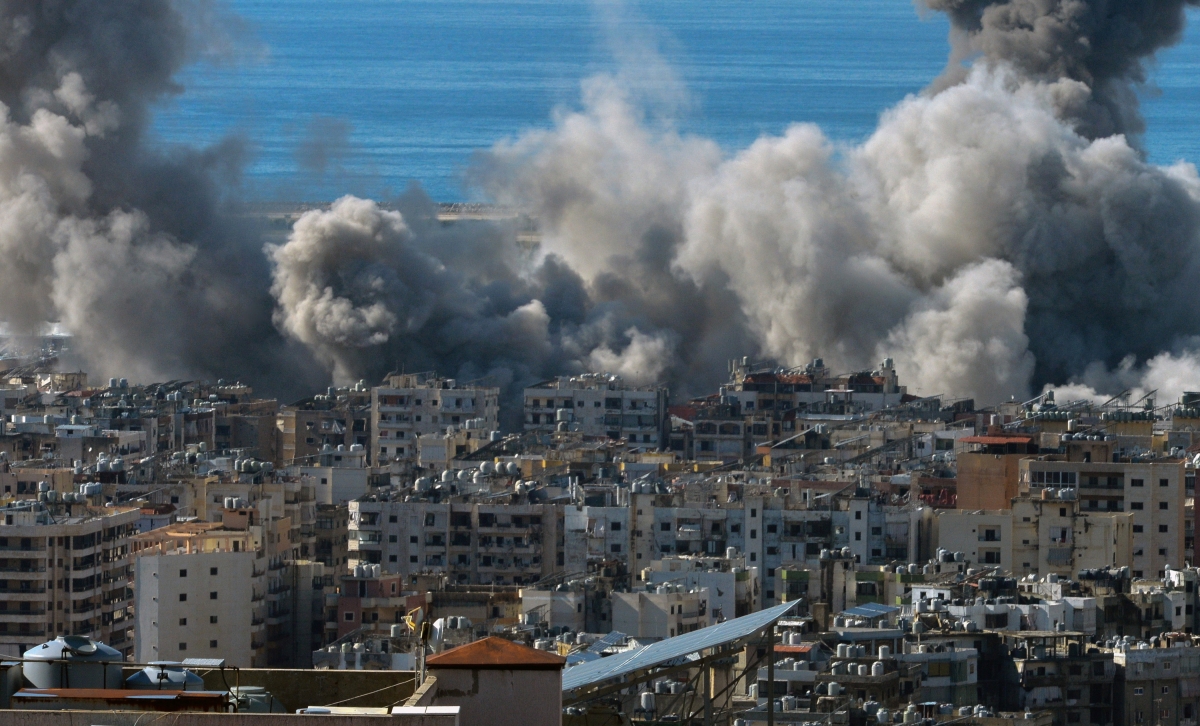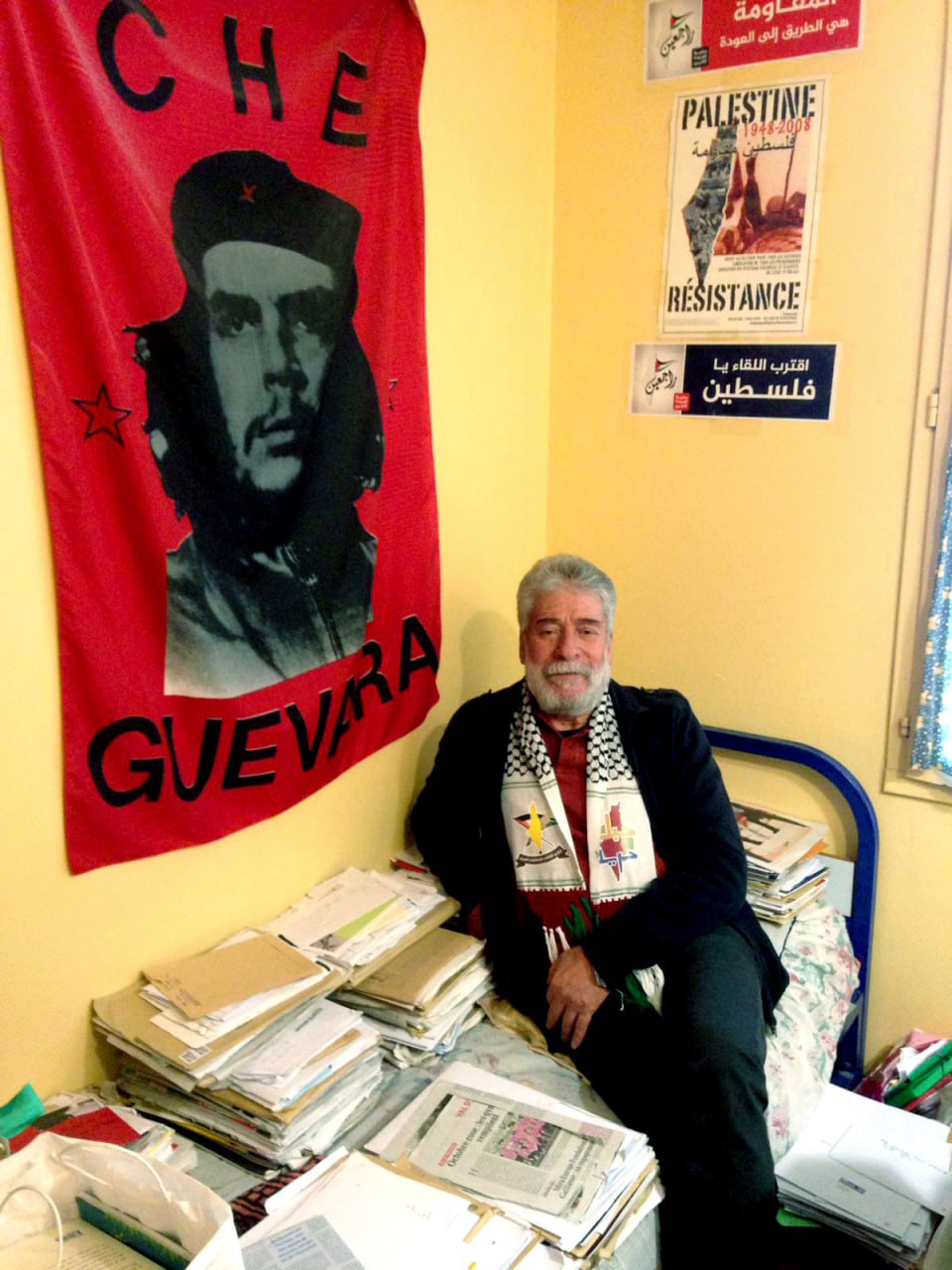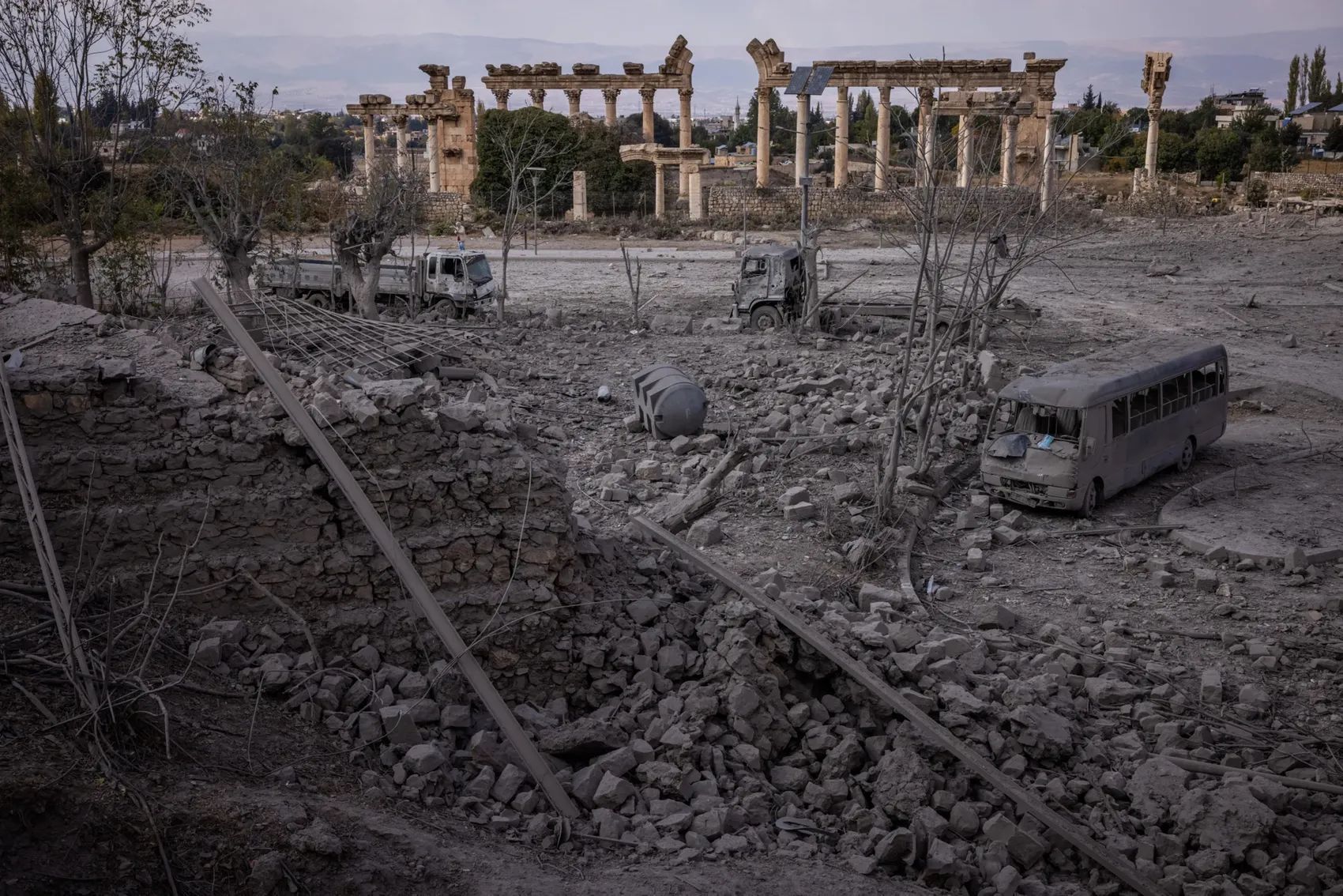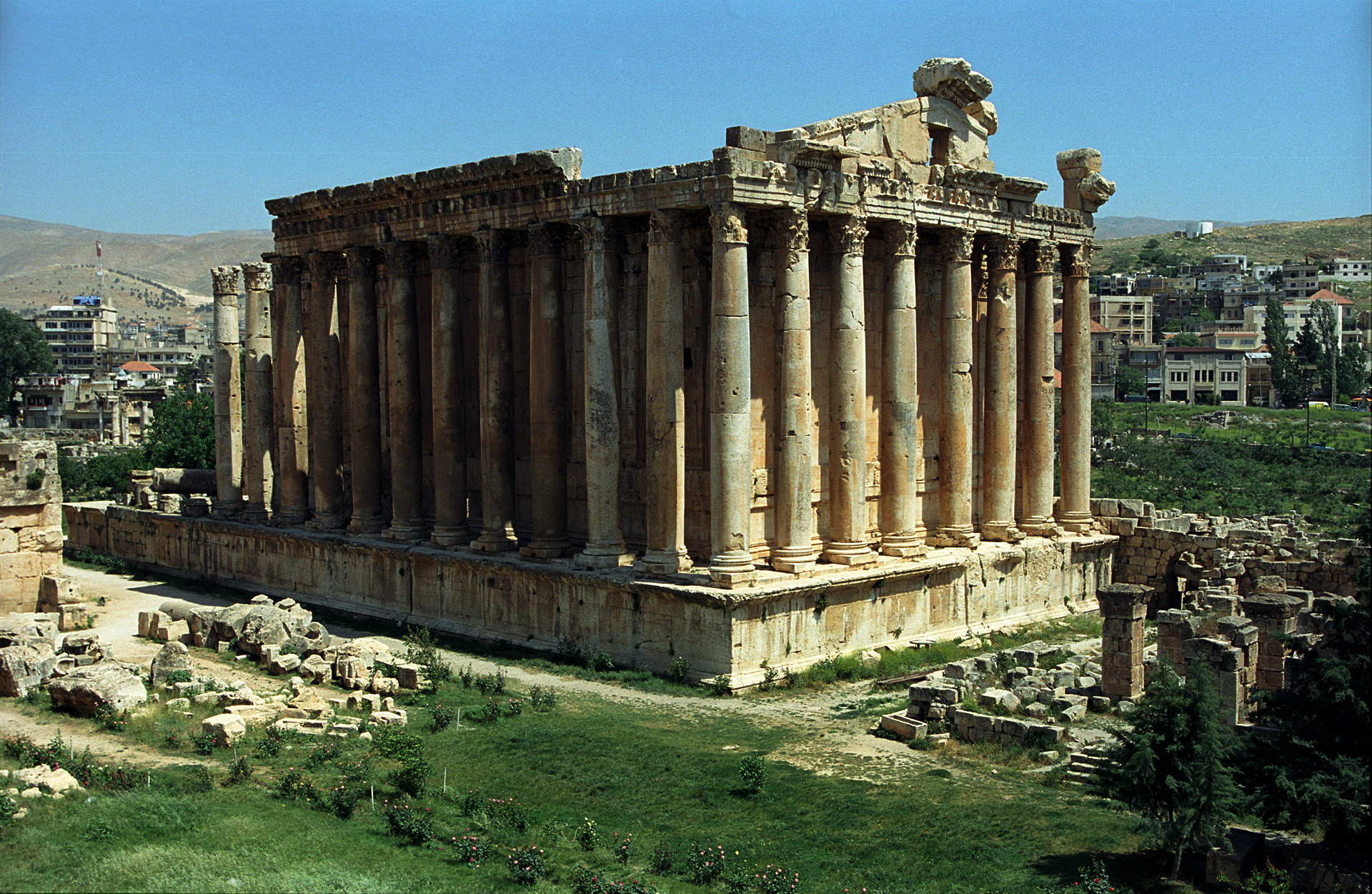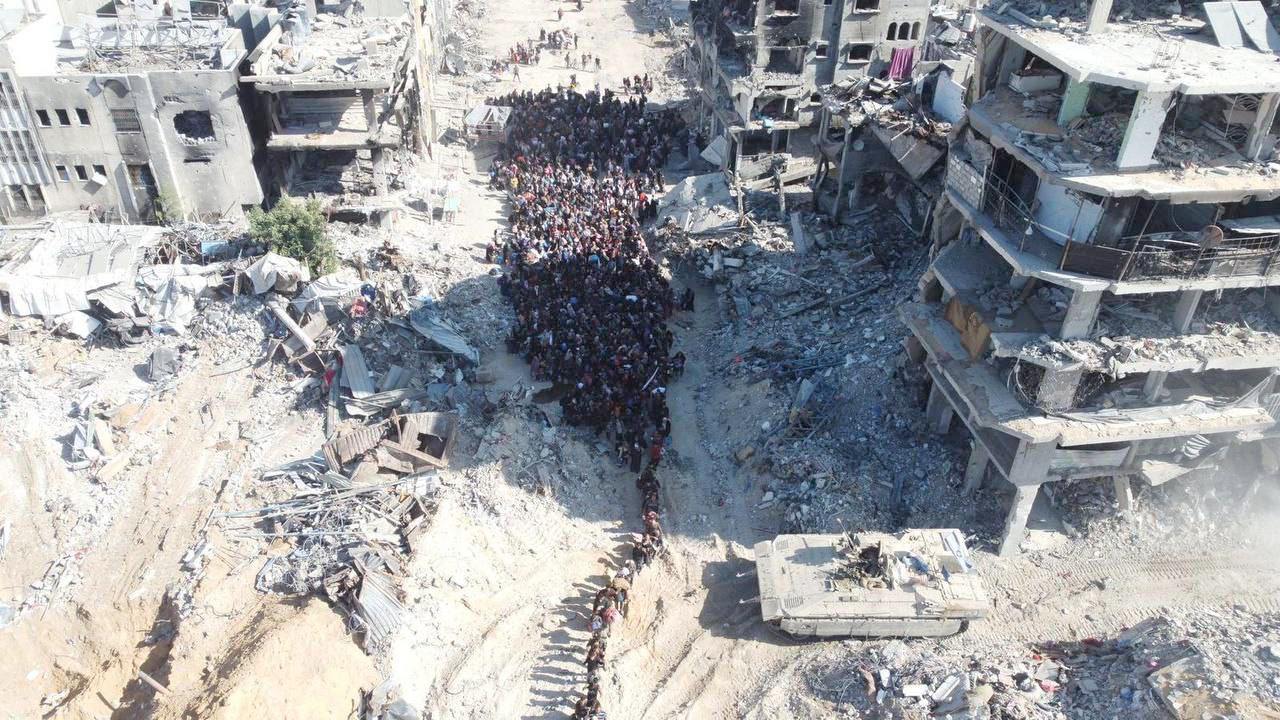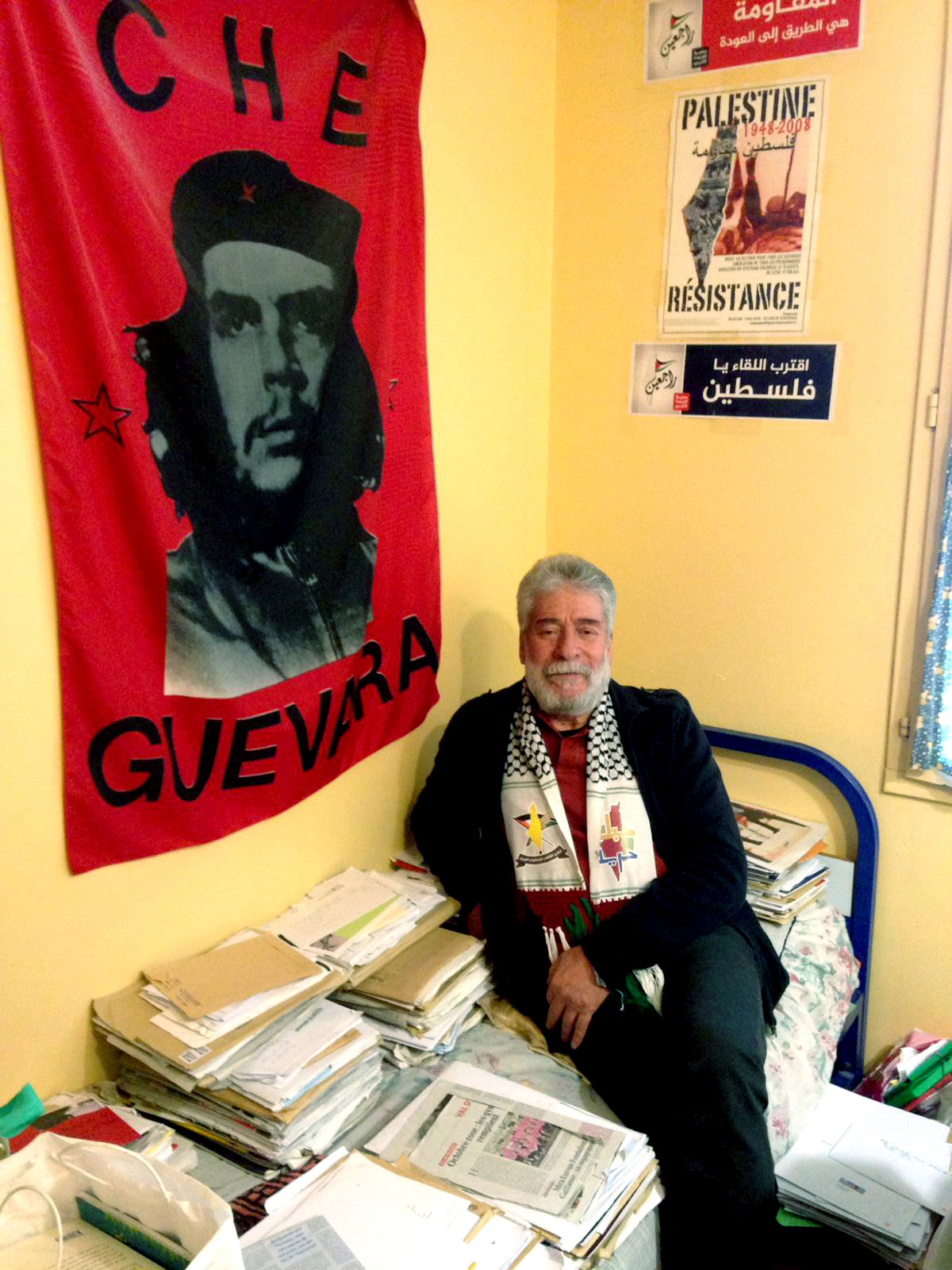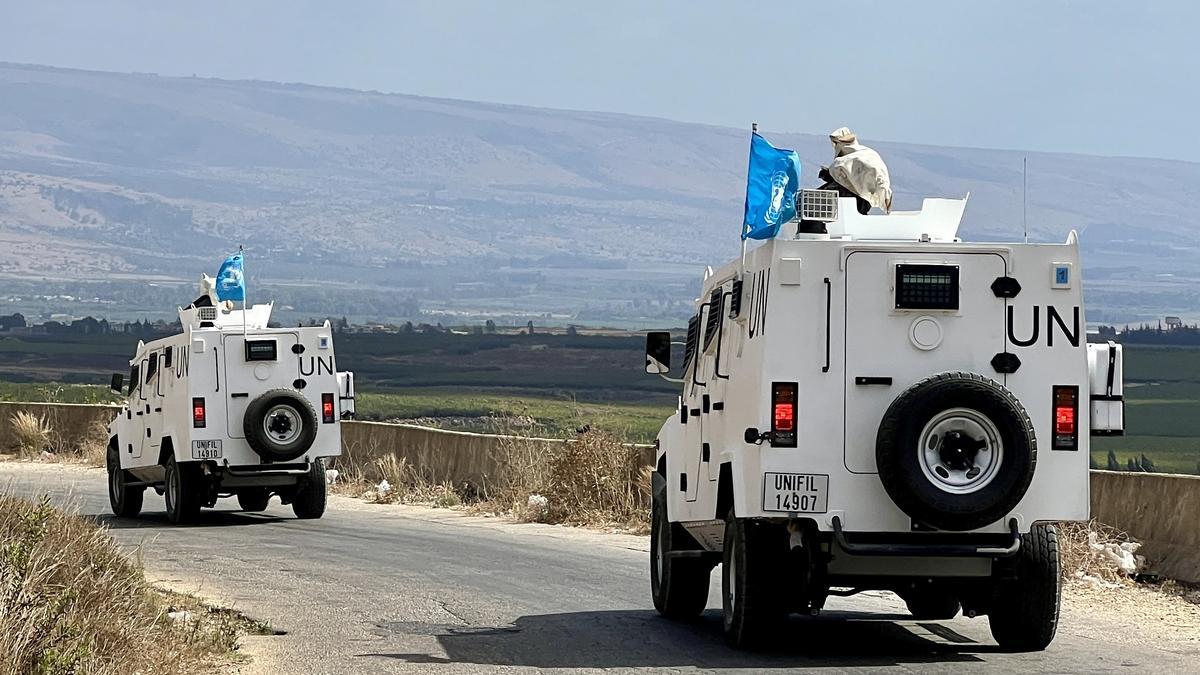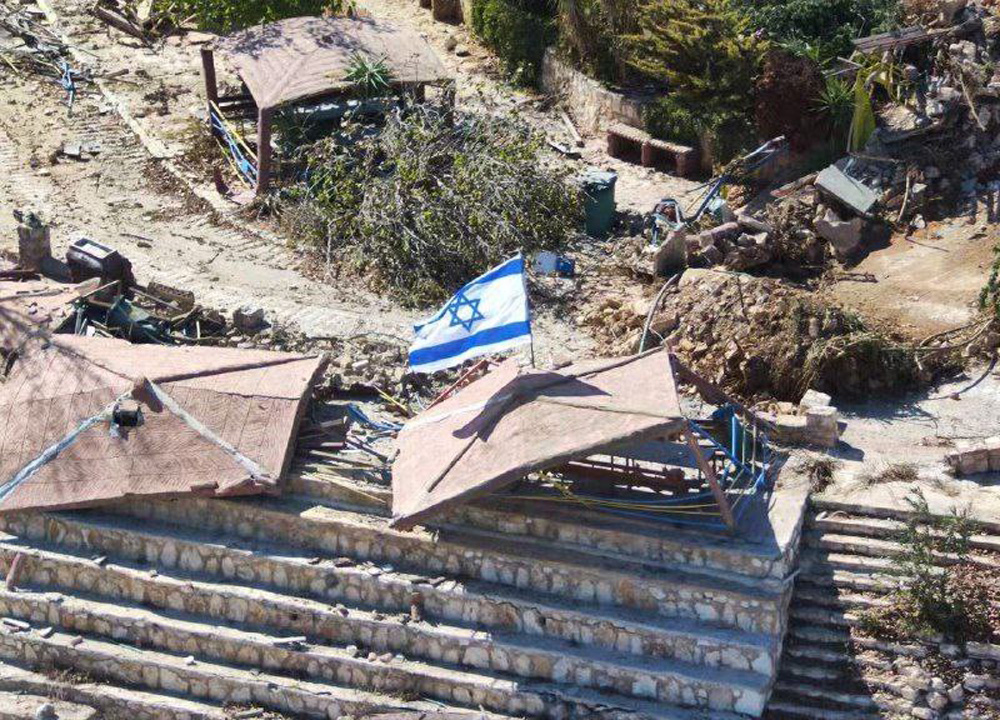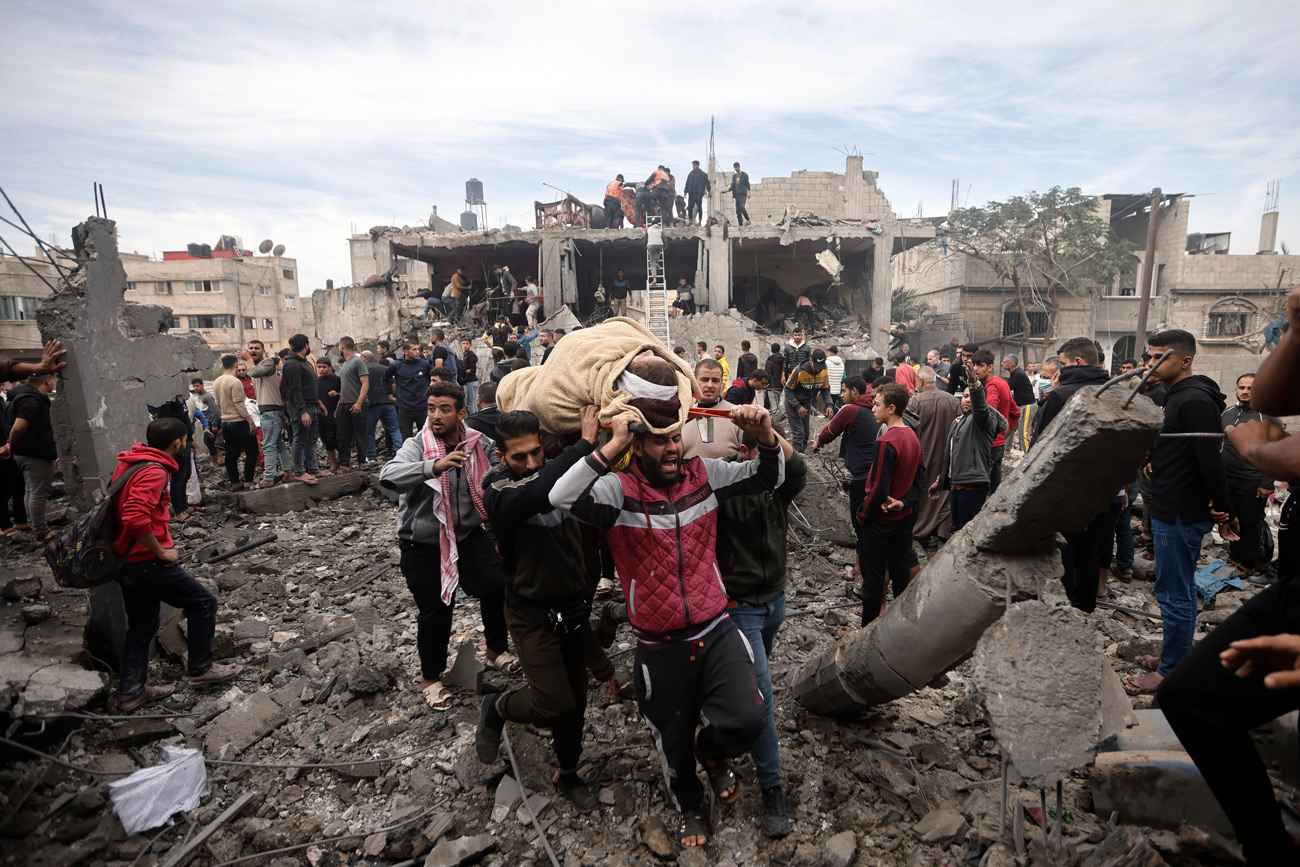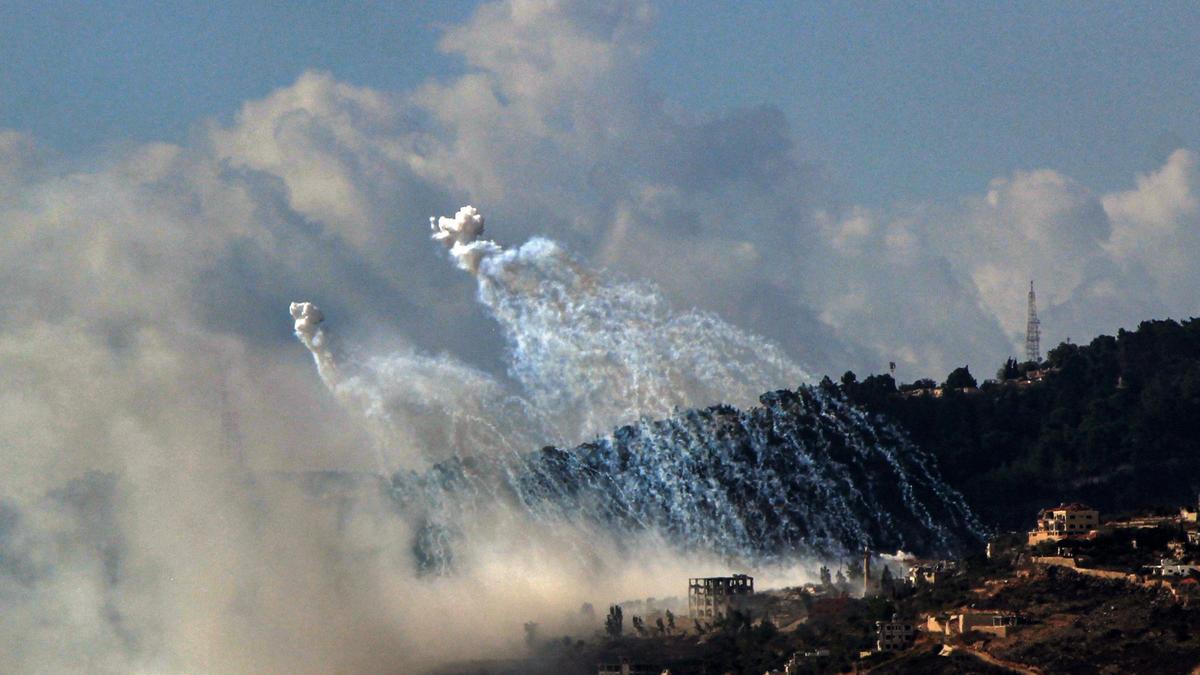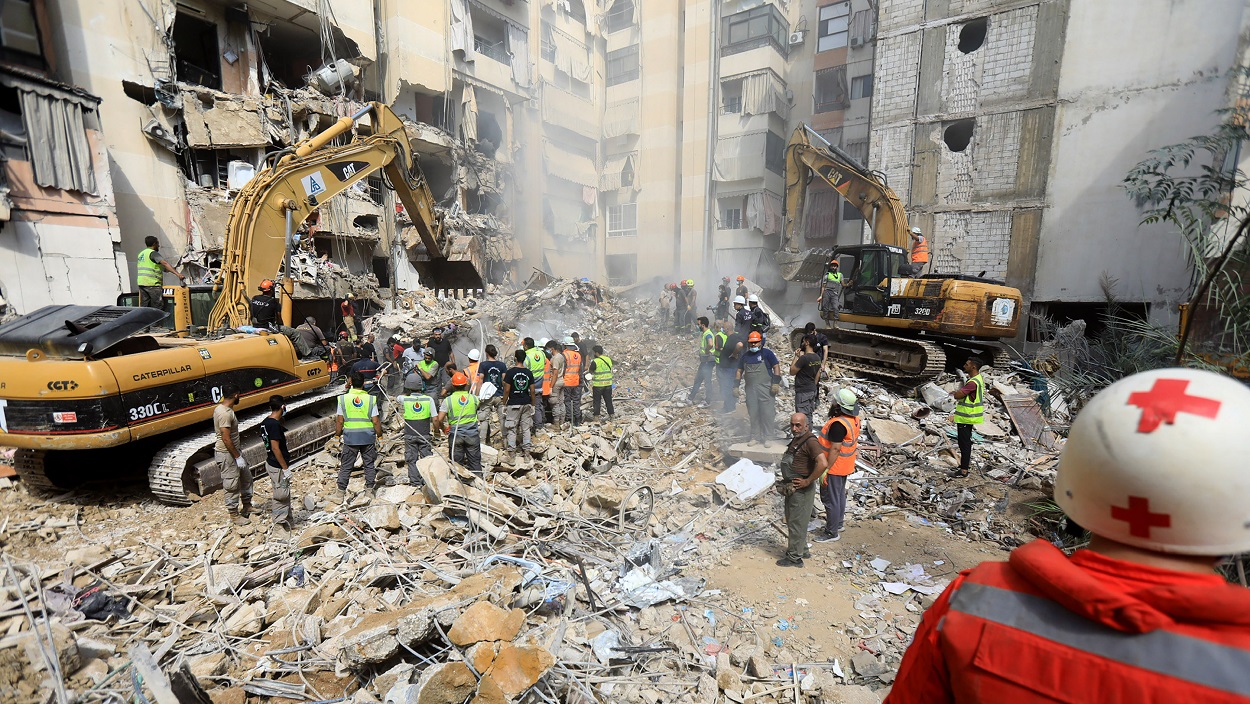The nights are terrible for guests of the Hotel Ritz-Carlton in Riyadh
- Mohamed bin Salman, the young Saudi prince, had a long experience on Saturday, November 4. To begin with, the Lebanese Prime Minister, Saad Hariri, resigned after being sent by Riyadh itself to his country. On the other hand, a missile launched by the Houthi rebels in Yemen came to Riyadh airport. Thirdly, Salman, who wants to take ownership of the entire authority of the country, began the arrest of a great lord for the science of the political and economic elite. The waters continue to flow in the deserts of Arabia.
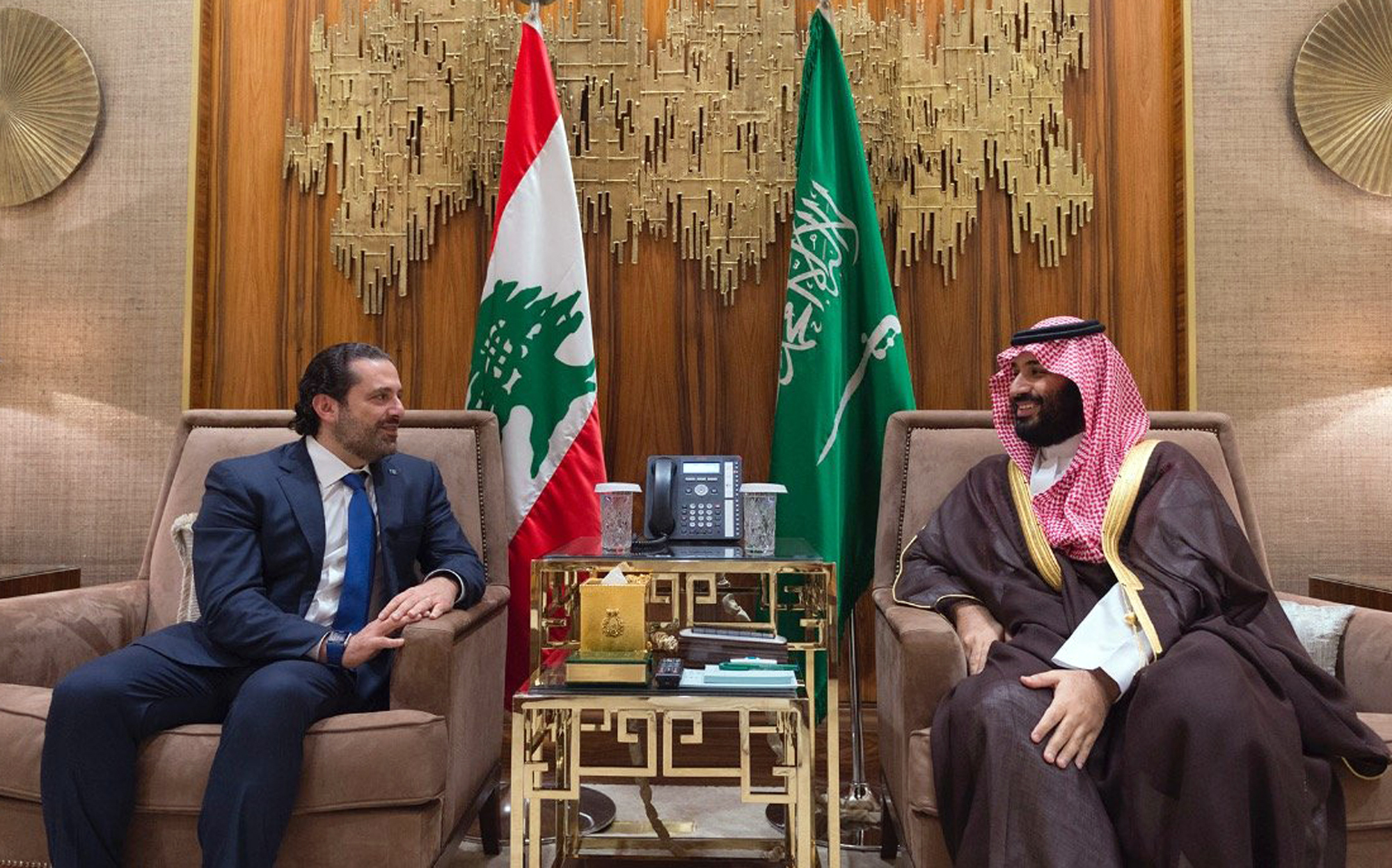
“In the capitals of the Middle East, Riyadh is the champion of insecurity, here the steps of a 32-year-old prince to achieve absolute power have reached the point of putting neighbouring countries on the line and dismissing their prime ministers. Worse still, it seems that this prince is wined by an American president who doesn’t know what he does.” This has been summarized by Chief Editor David Hearst at the Middle East Eye, a medium that aspires to become the current thermometer of the Middle East, according to Saudi Arabia.
The king of Saudi Arabia is still Salman bin Abdulaziz Al Saud, 81, but his son and successor, Mohamed bin Salman, is the kingdom’s new sovereign, according to all the experts. On 4 November, when the Saudi Arabian Army barely managed to demolish the missile sent by the Houthi rebels, who for the first time managed to reach the capital, they all agreed on Prince Salman: the Saudis began the war in Yemen on their orders, with the aim of weakening the Iranian force. The war was then complicated for the Riadessian military and, unlike the hungry, they have not achieved much more than plunge into the Yemen disaster.
On 4 November, the arrest of Mutaib bin Abdallah, former head of the Saudi Arabian Army, was reported. Everyone also saw the condemnation of Prince Salman in this, but no one expected that the next day 200 elite members of the country would be arrested, locked up in the Ritz-Carlton hotel and taken away all the assets from everyone. Previously, the prince had announced the creation of a special commission to investigate the corruption of the kingdom's elites, which will work on his task above any law or norm. Middle East Ey has also spread another chronicle in which it is known that some of the Ritz-Carlton hostages have been tortured to, among other things, sing information about their property and their money abroad.
Prince Salman, with enough force to beat the enemies of the interior without limits, has under his control the three armies of Saudi Arabia, Aramco, the largest oil company in the world, the chief economic affairs committee of the kingdom, of which he oversees the gigantic privatization operation that is taking place there...
With the arrests, Prince Salman has also carried out a savage accumulation of capital. The wealthy arrested have billions of dollars invested in Twitter, Apple, Citibank and other companies, as well as countless palaces and properties around the world. Bloomberg has said that Salman has received only $33 billion in frozen current accounts, and that Reuters has lowered his fortune.
Among the kidnappings is Bakr Ben Laden, president of the building holding company BTP, owned by the prestigious family of the same name, and a reference for the real estate market in the holy city of Meka. The group was losing billions of dollars since in 2015 the government left out of public contracts, last year it had already left 77,000 foreign workers in the street.
Sauit punishes Iran... Beating Lebanon
Another of those affected by the raid by Prince Salman is Saad Hariri, owner of the company Saudi Oger, who went bankrupt last July. As with irony, he built the Ritz-Carlton Hotel, which was converted into a prison of the rich, which had just a few days before been the location of the world economic summit known as “Desert Davos”. But also to Hari ... This is the Prime Minister of Lebanon, who has given up his seat.
Hariri, who was seen the quiet and smiling day around the world, appeared overnight in Riyadh to resign as Prime Minister of Lebanon. The Christian President, Michel Aoun, has not accepted him. Hizbullah’s leader, Lebanon’s main political-military force, Hassan Nasrallah, has denounced that Hariri is kidnapped in Riyadh and is calling for his release. In an interview with the short-chain authorized by the Saudi authorities, Future TV said that he is at liberty in Riyadh and that he will return to Tripoli soon, but that with his move he wanted to alert his compatriots: “I wanted to provoke a positive shock among the Lebanese people to understand how critical they are.” Was he in such a critical situation?
The confrontation between Saudi Arabia and Iran, which is increasingly taking the form of war, has half-caught Lebanon, according to Madawi Al-Rashed, professor at LSE University in London: “Last letter from Saudi Arabia in Lebanon: Use Israel to beat Hizbullah.” If Prince Salman has undeniably placed between the axes of his foreign policy what until recently seemed like a taboo for the Arabs, that cooperation with Israel, yes, to deal with Iran, may be tempted to beat the Iranians -- in the ass of the Lebanese. And since he is unable to dominate the struggle of the two Yemeni powers through his slaves, Salman may thus compensate the balance.
II. Since the World War, Lebanon has moved into the sphere of influence of Saudi Arabia. In Tripoli, they have always been Sunnis the prime minister and his environment, and at the same time they have done business in Arabia, confusing themselves with the families there. In return, the Syrian authorities have confronted with this alliance the main enemies of the Middle East, the left-wing Pan-Arab Gamal Abdel Nasser, since 1980, in Iran. For Iran, through Hizbullah, had been able to win the puppies that had been left to him until then. If it were not for the resistance of Iran and Hizbullah, Israel would stay with all southern Lebanon at the mercy of its territories.
The Government of Lebanon, in the formula for ending the long civil war, is shared by representatives of very diverse political and religious trends, including Christians, Saudi Sunni and Iranian Shiites. It appears that Prince Salman also wants to end this game and is willing to do anything to end Iranian influence in Lebanon. And also in partnership with Israel.
Lebanon, which has always had a very complicated geopolitical location, is once again entering a state of emergency. It can be found overnight by interrupting all the Arabs’ investments in the country, without capital and forcing them to return from Riyadh to hundreds of thousands of Lebanese. And we Europeans would be on the doorstep of the next wave of refugees.
On the pretext of leaving Hezbollah out of play, Israel has attacked Lebanon, which has been rejected. As a result, small Switzerland in the Middle East has been placed in the media spotlight, but remains an unknown country. In ancient times it was the origin of an important... [+]











